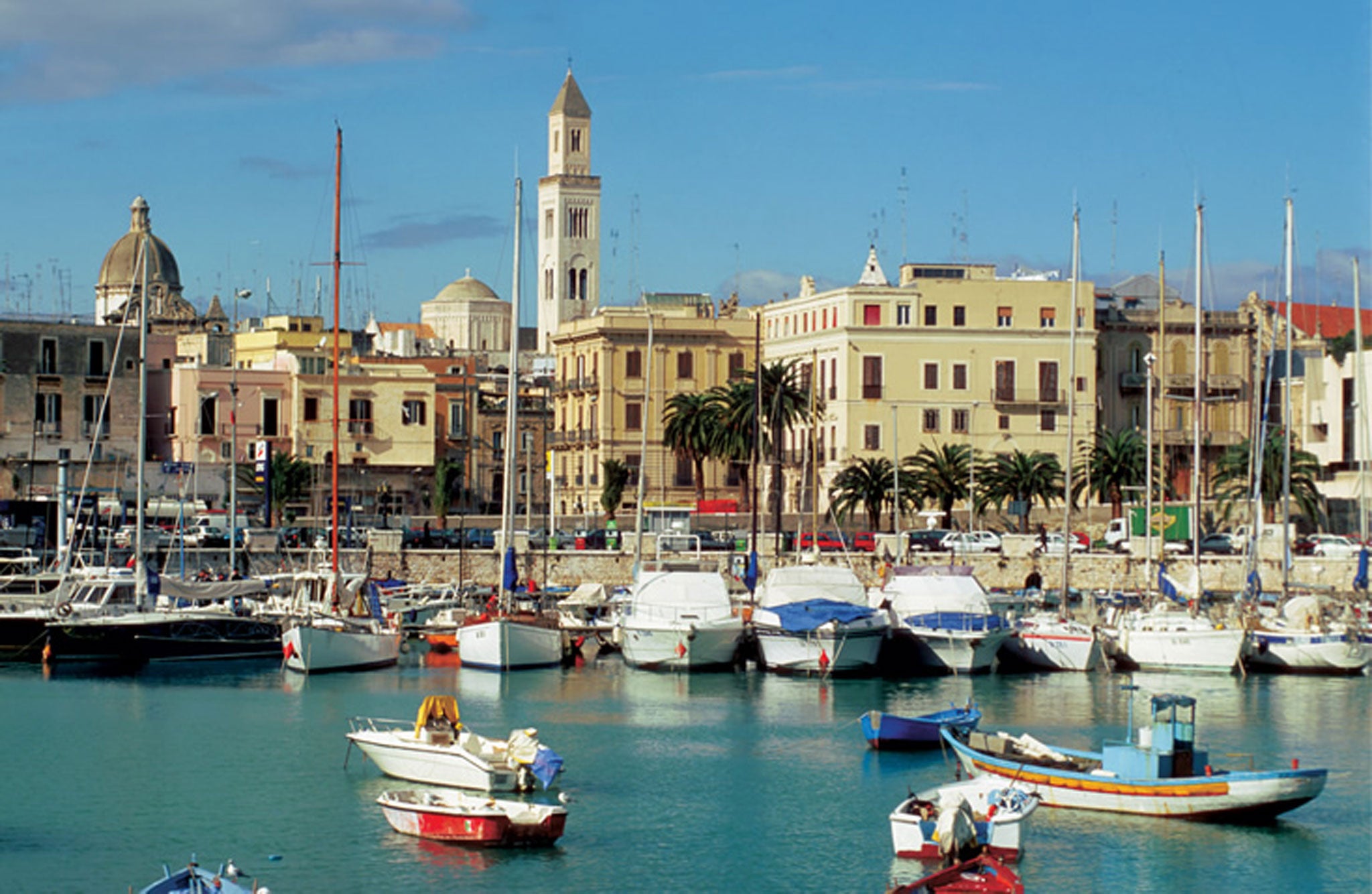Book review: The Silence of the Wave, By Gianrico Carofiglio, trans. Howard Curtis
A former anti-gang prosecutor takes his crime fiction down into an even darker place

Your support helps us to tell the story
From reproductive rights to climate change to Big Tech, The Independent is on the ground when the story is developing. Whether it's investigating the financials of Elon Musk's pro-Trump PAC or producing our latest documentary, 'The A Word', which shines a light on the American women fighting for reproductive rights, we know how important it is to parse out the facts from the messaging.
At such a critical moment in US history, we need reporters on the ground. Your donation allows us to keep sending journalists to speak to both sides of the story.
The Independent is trusted by Americans across the entire political spectrum. And unlike many other quality news outlets, we choose not to lock Americans out of our reporting and analysis with paywalls. We believe quality journalism should be available to everyone, paid for by those who can afford it.
Your support makes all the difference.Whereas most crime writers rarely do anything more dangerous than sallying forth for cocoa, lawyer-turned-novelist Gianrico Carofiglio is one of that brave band of prosecutors who have been facing down some of the most dangerous criminals in Europe.
Get this book at the discounted rate of £8.54 from the Independent Bookshop or call 0843 0600 030
Formerly a prosecutor in the Adriatic city of Bari, he became adviser to the Italian parliament's anti-Mafia committee. Previous novels have featured his series investigator Guido Guerrieri, advocate in Bari, and explored not only criminality but its effect on those who pursue it. We left Guerrieri on a dark note, drifting through louche bars, struggling with the problem of how those who come into contact with evil can remain undefiled.
Now Carofiglio turns the screw in a work whose main character is operating even closer to the criminal underworld. Moral investigation is taken to an even deeper level as he explores the mind of a policeman driven to seek psychiatric help. Roberto, now himself addicted to cocaine, was forced as an undercover detective not only to witness but to participate in the crimes of narcotics gangs. The guilt still haunts him. He can, of course, justify his actions superficially: by posing as a drugs dealer he was able to send many criminals to trial. But can this truly relieve him of the deep involvement that attended his underworld life?
Roberto's covert code name was "mongoose", symbolic as an animal that can kill snakes. But the reason a mongoose is deadly is not merely that it can attack and kill with dizzying speed: it has an inbuilt immunity to cobra venom. Roberto comes to realise that he was supreme at the job of bringing down criminals because, like the mongoose, he possessed the same deadly affinity. He came to enjoy theft and drugs. But how far did this affinity take him? Gradually, the more horrific episodes in his past come to light as he scrutinises each for his own degree of participation. The plotting is immaculate. Interspersed with Roberto's accounts of his adult adventures are his dreams of childhood.
Into Roberto's wretched world a new theme begins to intrude in the person of Emma, a fellow-patient with whom he scrapes an acquaintance. Gradually secrets in her past are revealed, their relationship deepens, and Roberto begins to emerge from his despair, perceiving the circular nature of experience as he returns to the sea. This is a remarkable piece of work: crime fiction as a profound exploration of the human psyche.
Join our commenting forum
Join thought-provoking conversations, follow other Independent readers and see their replies
Comments